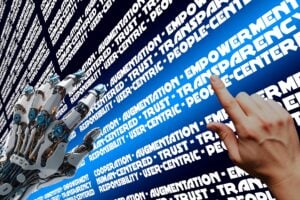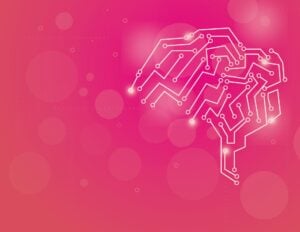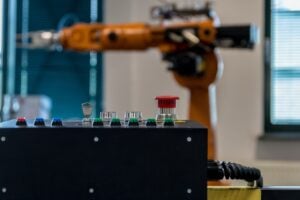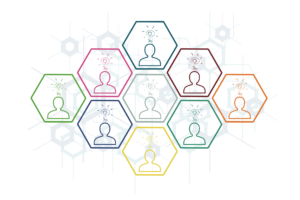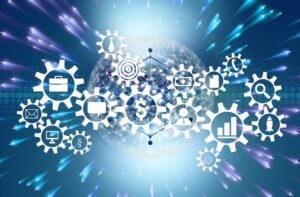During our conversation, we explored how companies leverage these tools. Unilever, my company, is one example, leveraging AI and big data analytics to develop new products and capabilities. Here are a few recent examples of its use to drive best-in-class products and capabilities.
Product Development
Unilever is leveraging AI for product development, specifically in the creation of performance-boosting enzymes for home care products. By harnessing AI technology, Unilever seeks to enhance the efficacy and sustainability of their cleaning and laundry solutions.
Collaborating with Arzeda, a leading protein design technology pioneer, Unilever has significantly reduced the time required for developing new technologies. In a remarkable feat, the team created new enzymes with improved stability, performance, and sustainability benefits within 18 months. This accelerated timeline represents a five-fold increase in speed compared to previous enzyme development processes.
Peter ter Kulve, Unilever Home Care President, highlights the importance of this progress, stating, “The progress made in just 18 months with Arzeda’s Intelligent Protein Design Technology shows how the convergence of Artificial Intelligence and biology is a game-changer for an industry like home care.”
Consumer Insights and Trends
By employing AI-driven technologies, market researchers can identify and predict consumer preferences and behaviors before they manifest. The integration of data, technology, and human expertise empowers Unilever to deliver innovative, high-performance products aligned with consumers’ desires for environmentally friendly and healthier options.
Sustainability and Design Optimization
In line with its commitment to sustainability, Unilever recognizes the importance of designing products with environmental considerations in mind. Utilizing in-silico design processes, Unilever virtually maps, models, and experiments with innovative formulations. This approach allows them to understand the behavior and interaction of molecular compounds, ensuring optimal performance, biodegradability, and regional preferences. Through in-silico design, nutrition teams can test millions of recipe combinations in seconds, resulting in products tailored to regional tastes and preferences.
Supply Chain Optimization
The transformative impact of AI and big data analytics on operations extends beyond the laboratory. Unilever employs AI to optimize supply chain operations, enhance operational efficiency, and respond to real-time market changes. For example, by integrating R&D and supply chain data with manufacturing simulations, the company gains valuable insights and makes data-led decisions, enabling the effective deployment of their products to billions of consumers worldwide. These advancements empower and create more effective, desirable, and scalable innovations.
Companies that embrace AI, big data analytics, and other cutting-edge science and technologies to drive innovation will lead in the market and a better future. As Alberto Prado, Unilever R&D’s Head of Digital & Partnerships, aptly states: “I firmly believe that science and technology will play a central role in helping innovate for a better future. The combination of digital and leading-edge science is empowering our teams to progress their fields not by years, but by decades.”
Contributor
-

Gail Martino, Ph.D is a thought leader and global innovation leader in the fast-moving consumer goods industry, having worked with billion-dollar brands at Unilever and previously at Gillette. With a background spanning both corporate and academic roles, Gail has a proven track record in developing and executing highly effective innovation ecosystems, driving value through strategic partnerships and internal product development. Notably, she has been a valued member of the advisory board for the Front End of Innovation conference since 2015.
View all posts








